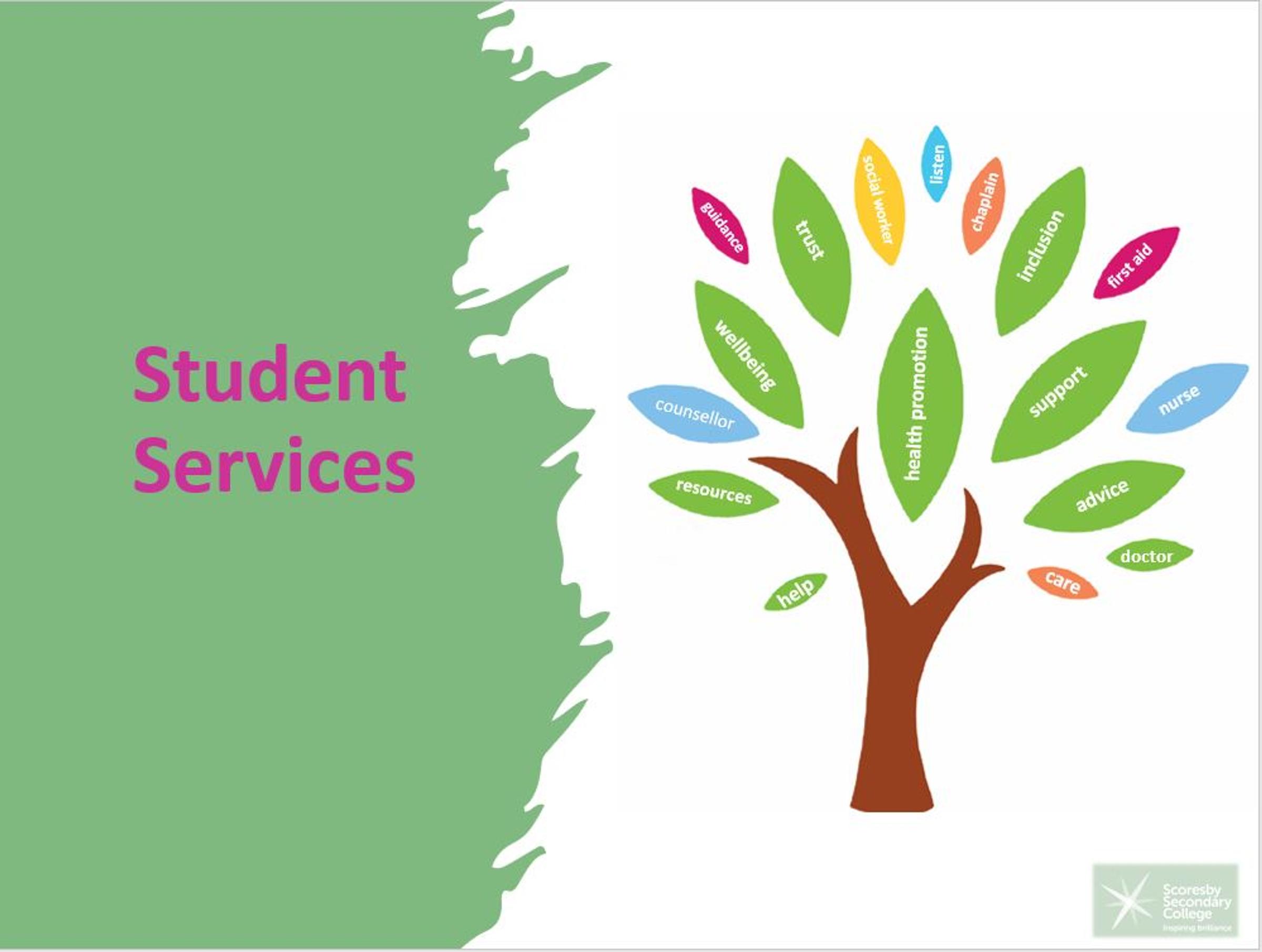Student Services

Good Sleep Tips
Sleep is a really important part of our life. It helps us to feel well, focused and happy.
Most people experience a bad night’s sleep now and again, but if you regularly don’t get enough sleep it can really affect how you feel and what you can get done during the day.
Good sleep habits have been shown to improve mood, concentration and performance at school or work. They may also help control overeating and help prevent obesity.
Everyone is different, and the amount of sleep you need might be different to what your friends need.
In general though people between 14-17 need between 8-10 hours sleep each night. People aged 18-25 need between 7-9 hours sleep each night.
For young people, not getting enough sleep might be caused by:
- Biological factors such as puberty or changes in your body clock Environmental factors: such as social pressure, school or university workload, use of electronic devices, or using alcohol or other drugs.
Some tips for a good’s nights sleep are:
- Aim to get to bed and wake up around the same time each day. This helps your body to get into a routine.
- Turn off your screens (such as your phone, TV and laptop) at least 30 minutes before bedtime. The light from screens can stop your brain producing the sleep chemical melatonin, which is important in helping you get to sleep.
- Natural sleep cycles are based on your body clock, which is mainly set by when you’re exposed to light. In the evening, as you wind down for bed and sleep, your body needs less stimulation so you can try dimming the lights.
- Exercise during the day is a good way to make you tired at night.
- Your bedroom should be dark, cool (around 16-18 degrees and quiet.
- Try to limit caffeine you have including coffee, tea, energy drinks and soft drinks. Try to avoid caffeine entirely after lunch time.
- Avoid alcohol and smoking. You are less likely to get a good nights sleep with alcohol and nicotine in your system.
- If you are worried about any aspect of your sleep, or are experiencing any of the negative consequences of bad sleep, you could talk with a GP.
Please download the information sheet above to download further information regarding Sleep Hygiene
Source of information: Headspace: National Youth Mental Health Foundation.
Mrs Jo Morkham
DiSSNurse
